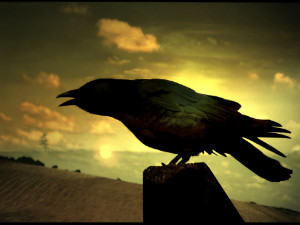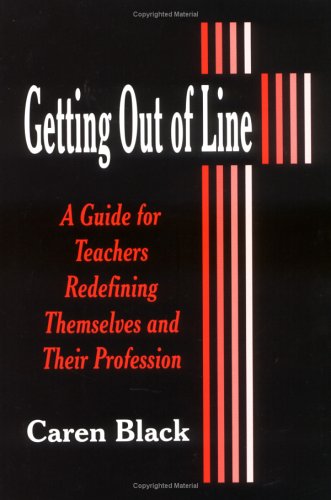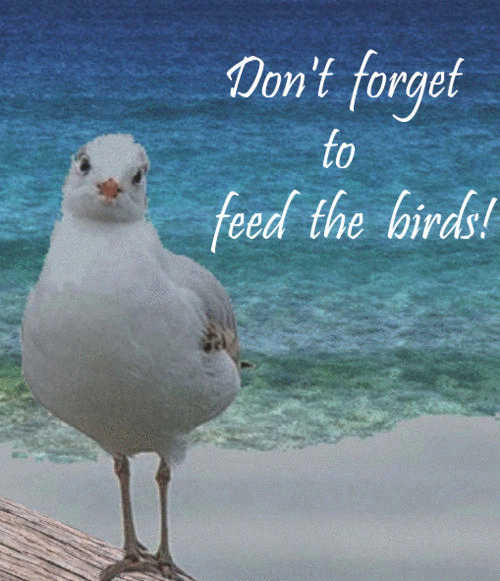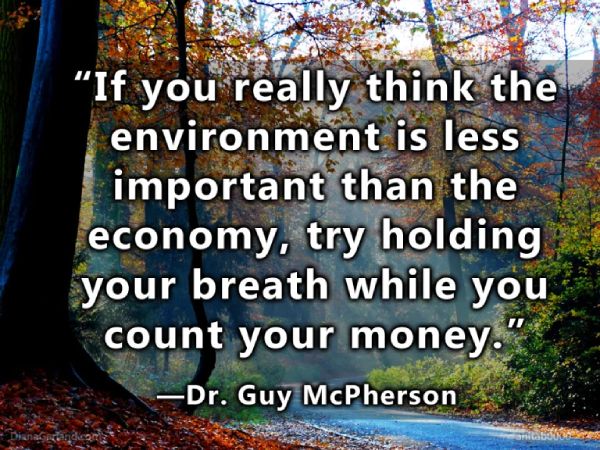Image: Pixabay CCO Twistedravens
Rushing down the highway a semi-truck roars with a proper Doppler fade and a slight movement of the air that drifts passed me even these thirty yards from the interstate. My brindle pit bull is sniffing the disrespected patch of land between the highway and the truck stop parking lot, pissing here and there on the jetsam scattered about the gravel.
North-eastern Arizona is a patchwork of poverty, of industry, and of mountain deserts; each a courtier of death in their own right. Behind the truck stop at a distance is a petrochemical refinery of some kind. Tanks and stacks and a fleet of heavy trucks move and hum releasing god knows what from the rocky basin there cradled by sheer faces and jagged peaks. A long closed restaurant fit with plywood window dressings stood silent in front of me and ravens circled, finding what noxious fare of gas station calories they could on the cracked pavement. One such bird came and landed on a pylon only a few feet from where I stood. He called as ravens do, not so much a crow, but three low rawks as his hackles flared.
“Hello raven.”
Rawk. Rawk.
“How are you?”
We stand in silence gazing at one another. My wife calls and I turn to see her returning to the car with my daughter in her arms. The raven sits motionless, perched on the concrete pole.
“Good luck out there.”
—
Phoenix is a strange city. It is where I met my wife a decade ago, when I was a different man. We came to see her family, a massive group of people spread about the valley and the copper mining towns of the outskirts. It takes over two days to get here by car from our southern, Indiana home, and there isn’t a person we tell this to who doesn’t think we are crazy for eschewing airplanes. Most of the time I do not even bother trying to explain our decision to abandon the notion that we all have the right to jaunt about the world on heavy carbon emitting jet planes, and that even driving here in our fuel efficient automobile every few years is an act of extreme privilege. Instead, I suffice to say that travelling this way allows us to experience the country, to absorb the changes in topography, and of course, to be able to bring our dog.
The layout of Phoenix would be disheartening to anyone who makes regular efforts to reduce their consumption or to lessen their negative impact on the ecology of the planet. Mega-highways wrap and weave around and across the Valley of the Sun which is itself an edge to edge expanse of concrete sprawl, a veritable temple to the god of consumerism and consumption. Perhaps the edifice of this dark church is invisible to the residents of this metro area, but for myself it is hard to ignore the arrogance, hubris, and downright insanity that here is writ with every brick and stone.
Nothing comes from here. The drip of maybe cotton, cattle, or citrus that Phoenix exports could not possibly stand in balance to the amount of resources that flow into the city. Resources all paid for by the blood of some far away lands and their peoples. At the edges, saguaro and ocotillo hold ground, often contorted into the poses of supplicants who hold their arms aloft to both beg and praise of the gods in need and gratitude for what moisture they are given. Hardened beings of thorn and spike that offer up a delicious irony in their great contrast to the human residents so dependent upon far flung food, far flung water, and far flung energy that delivers them.
What is crazy to me is not even the state of this place, but just how normal it is all made up to be. It seems that no one is questioning the oversized pick-up trucks that will only ever drive down well paved and dry freeways or the enormous houses equipped with multiple air conditioners. Locals queue up in long lines for drive through coffee not even paying deference to the near Martian landscape they inhabit.
—
“Magick is the Science and Art of causing Change to occur in conformity with Will”
-Aleister Crowley
Most grown and serious people would balk at the notion that magic is real. In large part this is because most people would be using a definition of magic that included a lot of false notions and assumptions. When I speak of magic I am usually leaning on a definition that is in line with the one above. When I look around at modern industrial people, all so smug in their conviction that magic is hokum and that their material domination of nature is both under control and right, I almost smirk as I see how just how deep and pervasive are the spells that transfix these people.
Through image, through sound, through geometry and construction, the masses bend to the will of a master class, priests who wield advertising and news shows to deliver symbols and phrases that work so effectively to control behaviors and to influence the deepest held thoughts and emotions. Disbelief in the power of magic, one might observe, makes a population ever more susceptible to it. It is not uncommon to find reference to Goethe’s maxim, “None are more hopelessly enslaved than those who falsely believe they are free,” but so rarely is it applied to the psychology of the mind that believes itself rational.
From the passenger seat I gaze at the endless strip malls and parking lots that fill almost every square foot of the greater Phoenix area, and I understand that though most denizens of this city would claim Christianity as their religion if they claimed one at all, truly, the predominant belief structure thriving in the hearts of the people here is one that worships consumption. And it is religion, to be sure, that has built and that sustains this and every other great temple of modern industrial civilization. It is a set of beliefs that inform how people view themselves, how they view the world, how they view money, how they view happiness, how they define the reasons to live and the methods to go about doing so. Included in these beliefs are mantras about consumption supporting the economy, which in turn supports consumption effectively completing a circle of life gifted to us so long as we trust the invisible hand and the divinity of his corporeal acolytes in the world of high finance. Piety is to purchase, to work for wages, to tithe the owners, to take on debts, and to never miss out on a holiday shopping season. Heretics extoll the innate value of the wild, our dependence upon biological systems that are themselves constructed of so many other living beings. Believers bring the sword to the heathens by way of bulldozer and cement mixer because stasis is death, and without growth, the temple will fall. Faith, they have, as they believe despite all evidence to the contrary that their consumption can continue forever, that it can expand, that nothing could possibly go wrong.
—
Frequently we who wish to see the psychopathy of modern industrial civilization brought to a halt will ask ourselves, “What can we do?” Imagining a viable resistance is not easy, and often I find myself embracing a grand contradiction – having a deep love for life, but supporting an insurgence that would destroy critical infrastructure. Is there any other option? There will be blood. That is known. If we do nothing, the world as we know it will cease to be, and so many human lives will perish by famine, fire, and plague. If we act, surely lives will be lost, but perhaps stronger threads in the web of life will remain, and in time, humans will find a balanced way of being.
There are no easy answers when discussing such things. I do not pretend to know the right way forward. In moments of quiet I do though wonder, “what if we could embrace a new religion?”
If our thoughts inform our actions, and our deepest beliefs guide us in our behaviors big and small, then it seems obvious that we need to perpetuate a new set of primary beliefs. Of course, some of the beliefs I might humbly suggest we meditate on would not seem new at all to certain indigenous cultures around the world. For example, I might suggest that we cease to believe that humans are superior beings relative to the other living creatures with whom we share the planet. Further, I would offer that we need to cease believing we are wholly individual, and instead that our place within human and greater ecological communities is just as valid as the view that we are solitary beings. Perhaps we could form our beliefs around a core concept that we are actually the Earth walking around. Our bones are the mountains, our blood is the oceans, inside and out we contain and house biomes of bacteria and fungus while the atmosphere flows back and forth, into and out of ourselves and every other living being.
Laying out an entire belief structure is not something I believe I am qualified to do and frankly, I have no interest in trying. This is something for all people of solid mind and spirit to meditate on. Of course, bringing such beliefs to teeming hordes of people all too happy to remain bent at the altar of consumption would be no easy feat, and here I would humbly suggest that perhaps through the application of sound, of symbols, of well crafted phrases and unassuming images, we could work new spells. The necessity to cause change is certainly before us, and the very first step could likely be the focusing of our will.
—
Across magical traditions one often finds that the raven is a harbinger of change. Between the worlds and across time the Raven can travel bringing tidings of new life or portending a coming death. Celtic lore held that ravens would fly over battlefields deciding who would live and who would die. Perhaps these ravens were not so much choosing, not picking out of preference those who would and would not survive the melee, but merely observing the signs, more knowing than selecting those who had a place in the future and those who did not.
The city of Phoenix will fall beneath me as I drive the mountain roads out of the valley on my return trip to our forested home so very far away. I will look on the city, and not choose, but with a dispassionate eye witness the obvious truth.









